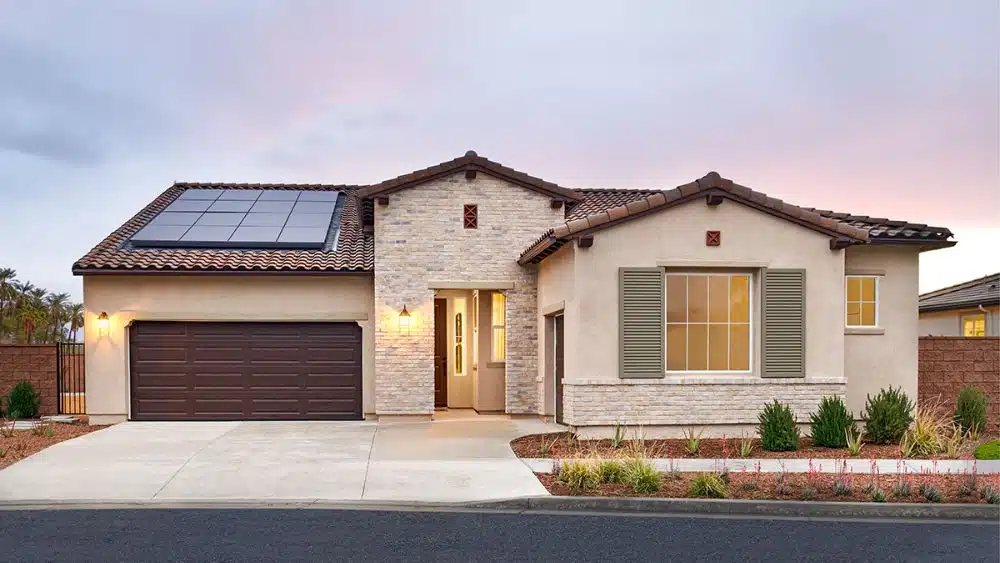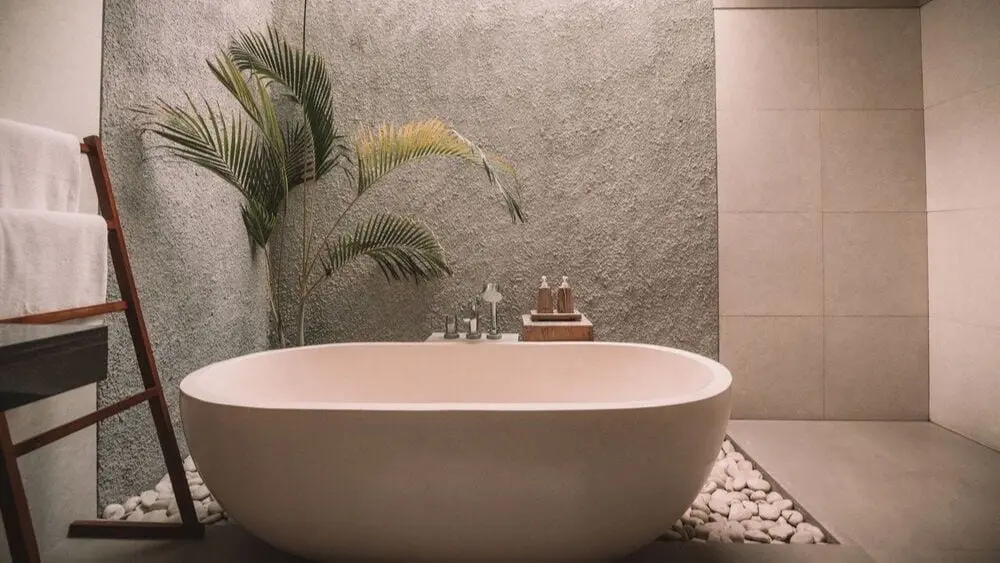
The Baby Boomer generation, born between 1946 and 1964, has significantly influenced various sectors of the economy, and the housing market is no exception. As they enter their retirement years, Baby Boomers are making distinct choices in the real estate market, shaping trends and influencing home designs and amenities.
How they will navigate the coming decades is still not clear, but leading-edge boomers — those born between 1946 and 1955 — who have been empty nesters, weathered the recession and possibly retired, give a good indication of what’s ahead: they are more active than earlier generations, meaning anything from involvement with grandchildren to sports to community participation.
Many want to work after retirement, either by choice or necessity. Despite no longer being the largest generation, Baby Boomers still hold a significant portion of wealth in the U.S. economy (Lexington Law). Approximately 40 percent will move, but a good number will not venture too far from their current address. Health, grandchildren and finances matter most.
What Baby Boomers Want In a New Home

“Sometimes the move at 50 is horizontal,” says John Egnatis, CEO of Grenadier Homes in Dallas. “Some stay close to where they lived before. They might move to a new house, but they want to stay in a similar area rather than having to rebuild an entire network of friends, doctors, etc.”
Diversity Matters to Boomers
Even so, many seek a lifestyle change. “Quite a few of our buyers have visited places down South. They love the resort ambiance, so they are looking for something close to family and friends with that same resort feeling,” says Tammy Barry, director of marketing for Heritage Harbor Ottawa, a 142-acre marina resort master-planned community on the Illinois River, 90 minutes southwest of downtown Chicago.
For younger boomers, traditional retirement communities may not have the same appeal as master-planned communities do knowing they will be socially comfortable in a diverse neighborhood they expect to live in for a long time is important. Barry describes her community as “stroller-to-walker” — offering amenities for young families and older residents — and says residents love the variety of activities this diversity provides as well as the opportunity to interact and become friends with people of many ages. Overall, developers are investing more community amenities that extend the living beyond the home and create ways for residents to interact as many Baby Boomers prefer to live in active adult communities that cater to those 55 and older. Amenities like clubhouses, fitness centers, and community gardens as well as proximity to healthcare facilities, shopping centers, and entertainment is a priority.
Costs

Another catalyst to relocate is cost of living, which is why so many small towns appear on lists of places to retire. Often less expensive, college towns offer an eclectic mix of both activities and residents, so it’s no surprise places like Oxford, Miss., or Athens, Ga., are beginning to pop up on the retirement horizon. The proximity to the University of Georgia, and also Atlanta, is part of the appeal of the Georgia Club, an active adult golf community outside of Athens. “They can lay their head down anywhere, but when they lay their head down here, they are revitalized,” says Kathy Phillips, a real estate agent with The Georgia Club.
According to a report by the National Association of Realtors, Baby Boomers represent a significant portion of home buyers, with those aged 56 to 65 making up 18% of recent buyers. Furthermore, Baby Boomers are not just buying homes for retirement; many are purchasing “multigenerational” homes to live closer to their children and grandchildren.
Fun in the Sun

The National Association of Realtor’s Chief Economist Lawrence Yun attributes a hike in resort market sales to “baby boomers moving closer to retirement and buying second homes to convert into their primary home.” Traditional warm weather locations still appeal. Pam Charron, an agent with Berkshire Hathaway Home Services in Sarasota, Fla., says baby boomers are back. Even if retirement is a few years away, many plan to buy before prices go up further. Along the west coast of Florida, new demand is sparking construction in places such as once-sleepy Venice.
Florida, Arizona, and North Carolina are popular states for Baby Boomers purchasing new homes. These states offer warm climates, favorable tax conditions, and plenty of communities designed for active older adults. Texas and California also see a significant number of Boomer buyers, attracted by diverse communities and robust senior services.
This Generation Wants Luxury

Boomers typically are savvy buyers with a good vision of what they want and need now and in the future. For some, this next purchase will be the home of their dreams. A newly built home offers floor plans and amenities aligned with anticipated lifestyles. Many will downsize square footage, but upsize everything else. “They are looking for the highest finishes and they know what those are,” says Marisela Cotilla with Boca Raton real estate company Douglas Elliman. Part of the appeal of newly built homes in Florida is superior construction to the latest standards.
Personalization and Low Maintenance
“The ability to customize has been tremendously popular with our buyers,” says Brian Hoffman, vice chairman of Red Seal Homes in Chicago. “I am consistently hearing from buyers that they are delighted to be able to finally get their home ‘my way’ after decades in a used home. Many are also drawn to the defect-free aspect of new construction after years of making costly repairs to their 1970s and 1980s (or older) vintage homes.”
Low maintenance and having a home that will accommodate long-term needs are goals. “Our buyers aren’t necessarily downsizing — or at least not significantly — because they want to bring their furniture, art and such along with them, but they are looking for a more efficient floor plan,” says Hoffman. “Open concept with large rooms and plenty of storage is important, as is either single-level living or adding an elevator for when stairs become more difficult for them.”
First-floor masters are only one way builders are reaching out to boomers. Many are also adding high-end features such as wood floors, granite countertops, stainless steel appliances, walk-in showers and upgraded trim. Homebuilder Del Webb is even more focused on multi-level countertops, raised dishwashers and lowered microwaves that make access easier for those with physical issues.
Eco-friendly homes are a popular choice. Sustainability is increasingly important to Baby Boomers. Homes with energy-efficient appliances, solar panels, and environmentally friendly materials are becoming more prevalent in the new home purchases for Baby Boomers.
Some Considerations when Buying

Resale value may not be a priority, but financial planners say it is an essential consideration. “Everybody thinks ‘this is the last place I am moving to.’ But, in reality they might be there for a few years and miss their family and support groups” or discover that their location might not be what they expected, says Howard Joe, a financial advisor with Merrill Lynch in Atlanta.
Nancy Anderson, a Salt Lake City financial planner who writes a retirement column for Forbes.com, advises boomers to keep resale in mind because there will be a time when they will want or need to sell or tap into the equity in that home: “Even building a home, they should think about what’s a forward-looking trend, especially regarding the layout and colors. Schools still matter too. If you are not looking at schools, you will be losing an entire class of potential buyers. You always want to think of that next buyer.”
Baby Boomers Continue to Influence
As Baby Boomers continue to transition into their retirement years, their preferences significantly shape the new home market. They look for practicality, comfort, and accessibility, focusing on living a lifestyle that suits their needs without the burden of high maintenance. Their choices will continue to influence real estate trends and market dynamics for years to come.

Camilla McLaughlin is an award-winning writer specializing in house and home. Her work has appeared in leading online and print publications, such as Yahoo! Real Estate, Unique Homes magazine and Realtor magazine. She has also freelanced for the Associated Press.
 What Should You Put On Your Mortgage?
What Should You Put On Your Mortgage?